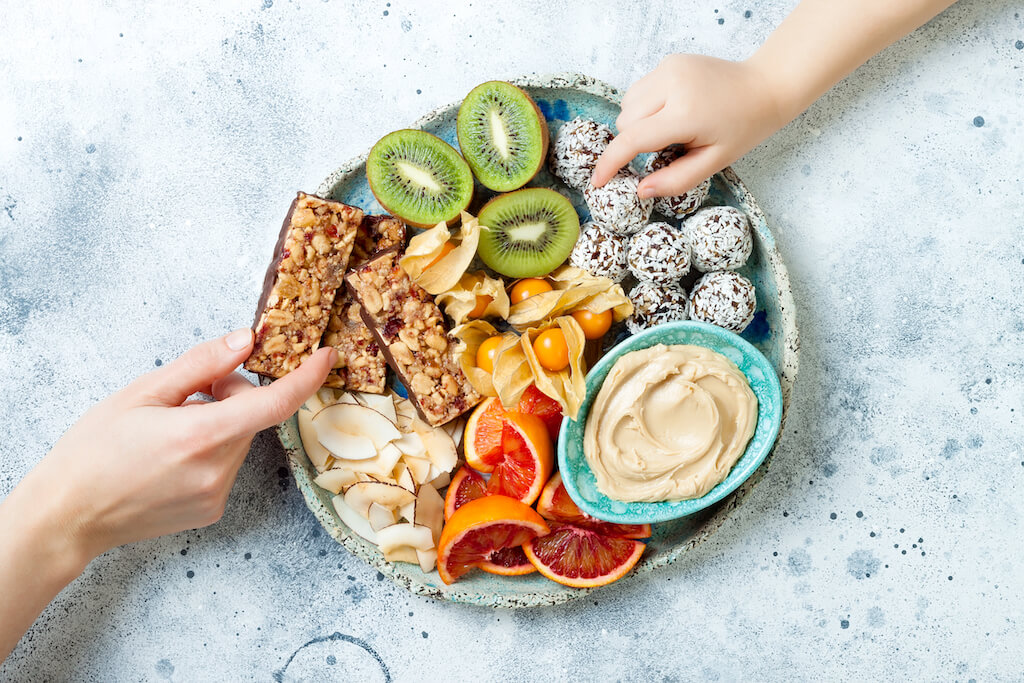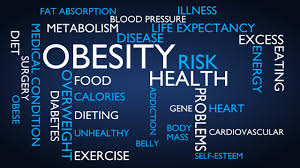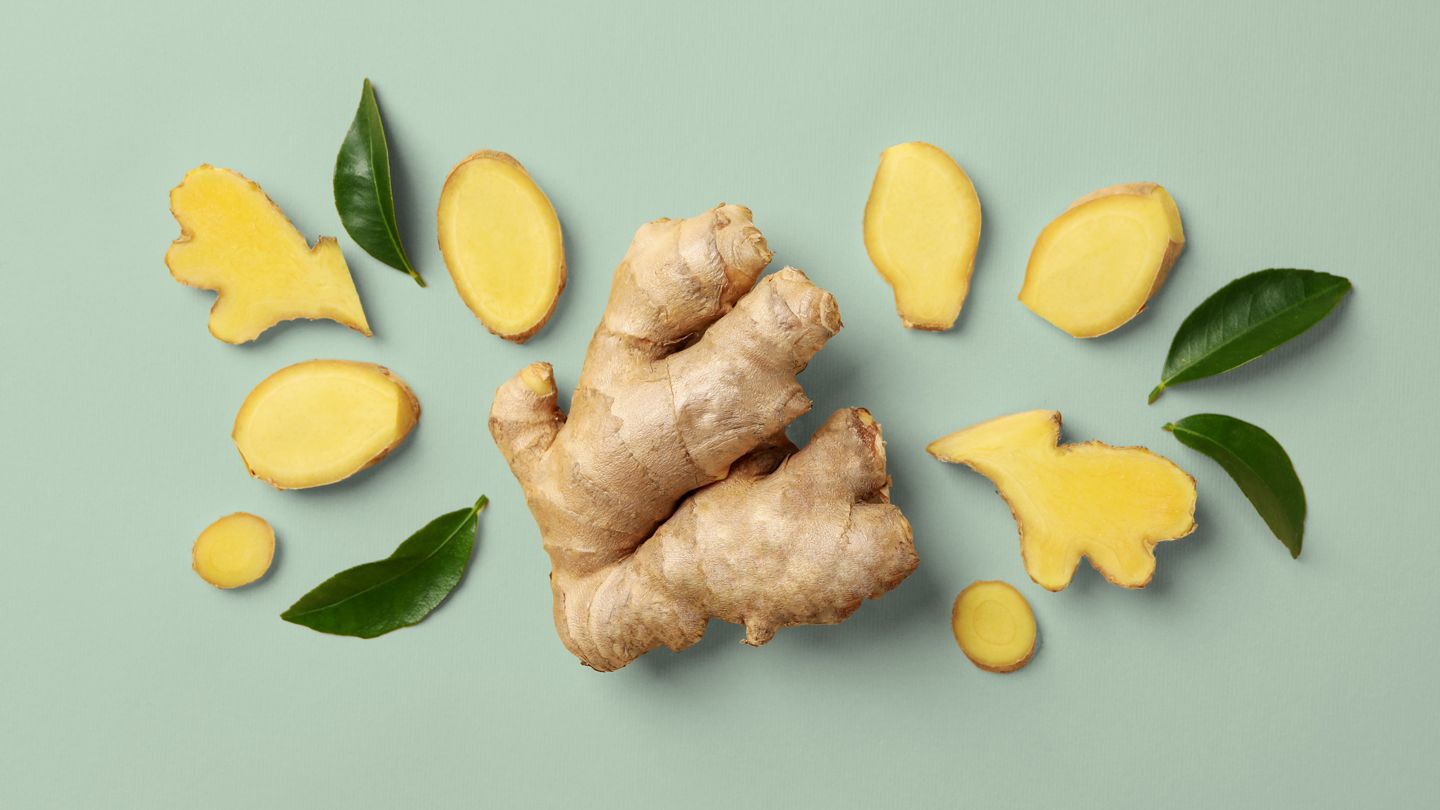In todays fast-paced world, maintaining a healthy diet can sometimes feel like a daunting task. However, incorporating a variety of nutrient-dense foods into your meals can make a significant difference in your overall health and well-being. Below, we will explore ten healthy foods that not only taste great but also offer numerous health benefits. Whether you are a seasoned health enthusiast or just starting to make changes to your diet, these foods are a fantastic place to begin.

1. Leafy Greens
Leafy greens, such as spinach, kale, and Swiss chard, are nutrient powerhouses. They are rich in vitamins A, C, and K, as well as minerals like iron and calcium. These greens also contain antioxidants that help combat oxidative stress and inflammation in the body. Eating leafy greens can improve digestion due to their high fiber content and support bone health thanks to the vitamin K they provide. Incorporate them into salads, smoothies, or as a side dish to boost your intake of essential nutrients.
2. Berries
Berries like blueberries, strawberries, raspberries, and blackberries are not only delicious but also packed with vitamins, fiber, and antioxidants. They have been linked to various health benefits, including improved heart health, better brain function, and reduced risk of chronic diseases. Berries are low in calories and high in antioxidants such as flavonoids, which help reduce inflammation and oxidative stress. Enjoy them fresh, in smoothies, or as a topping for yogurt or oatmeal.
3. Salmon
Salmon is a fatty fish that is rich in omega-3 fatty acids, which are essential for brain health and reducing inflammation. Omega-3s have been shown to lower the risk of heart disease, improve cognitive function, and support overall cardiovascular health. Salmon is also a great source of high-quality protein and important vitamins like vitamin D and B12. Aim to include salmon in your diet at least twice a week for optimal health benefits.
4. Quinoa
Quinoa is a whole grain that stands out for its high protein content and complete amino acid profile, making it an excellent choice for vegetarians and vegans. It is also a good source of fiber, iron, magnesium, and B vitamins. Quinoa can help regulate blood sugar levels and support digestive health. Use it as a base for salads, a side dish, or as a substitute for rice to add variety to your meals.
5. Avocado
Avocado is a nutrient-dense fruit known for its healthy monounsaturated fats, which support heart health and help reduce bad cholesterol levels. It is also rich in potassium, fiber, and vitamins C, E, and K. The healthy fats in avocados are essential for maintaining healthy skin and absorbing fat-soluble vitamins. Add avocado slices to your salads, spread it on whole-grain toast, or blend it into smoothies for a creamy texture and nutritional boost.
6. Sweet Potatoes
Sweet potatoes are an excellent source of beta-carotene, which the body converts into vitamin A. Vitamin A is crucial for maintaining healthy vision, immune function, and skin health. Sweet potatoes also provide a good amount of fiber, vitamin C, and potassium. Their natural sweetness makes them a versatile ingredient that can be baked, mashed, or roasted. They are a nutritious alternative to regular potatoes and can help maintain stable blood sugar levels.
7. Nuts and Seeds
Nuts and seeds, such as almonds, walnuts, chia seeds, and flaxseeds, are rich in healthy fats, protein, fiber, and various vitamins and minerals. They are known for their heart-healthy benefits and ability to help control appetite and weight. Nuts and seeds also provide important nutrients like vitamin E, magnesium, and antioxidants. A small handful of nuts or a sprinkle of seeds can enhance salads, yogurt, and baked goods.
8. Greek Yogurt
Greek yogurt is a dairy product that stands out for its high protein content and probiotic benefits. Probiotics are beneficial bacteria that support gut health and boost the immune system. Greek yogurt is also lower in sugar and higher in protein compared to regular yogurt, making it a great option for breakfast or a snack. Choose plain, unsweetened Greek yogurt to avoid added sugars and customize it with fresh fruit, nuts, or a drizzle of honey.
9. Legumes
Legumes, including beans, lentils, and chickpeas, are an excellent source of plant-based protein and fiber. They also provide essential nutrients like iron, magnesium, and B vitamins. Regular consumption of legumes can help improve digestive health, stabilize blood sugar levels, and support heart health. They are versatile ingredients that can be added to soups, salads, stews, or used as a base for veggie burgers.
10. Garlic
Garlic is not just a flavorful addition to your dishes but also a powerhouse of health benefits. It contains allicin, a compound with potent anti-inflammatory and antioxidant properties. Garlic has been linked to improved heart health, enhanced immune function, and potential cancer-fighting properties. Incorporate garlic into your cooking to add flavor and health benefits to your meals. It can be used in everything from stir-fries to roasted vegetables.
Conclusion
Incorporating these ten healthy foods into your diet can have a profound impact on your overall health and well-being. Each of these foods offers unique benefits, from supporting heart health and improving digestion to boosting brain function and reducing inflammation. By including a variety of these nutrient-dense options in your meals, you can enjoy a balanced diet that supports both physical and mental health. Remember, the key to a healthy diet is variety and moderation, so experiment with different ways to include these foods and find what works best for you. Your body will thank you for it!















Comments
Leave a comment